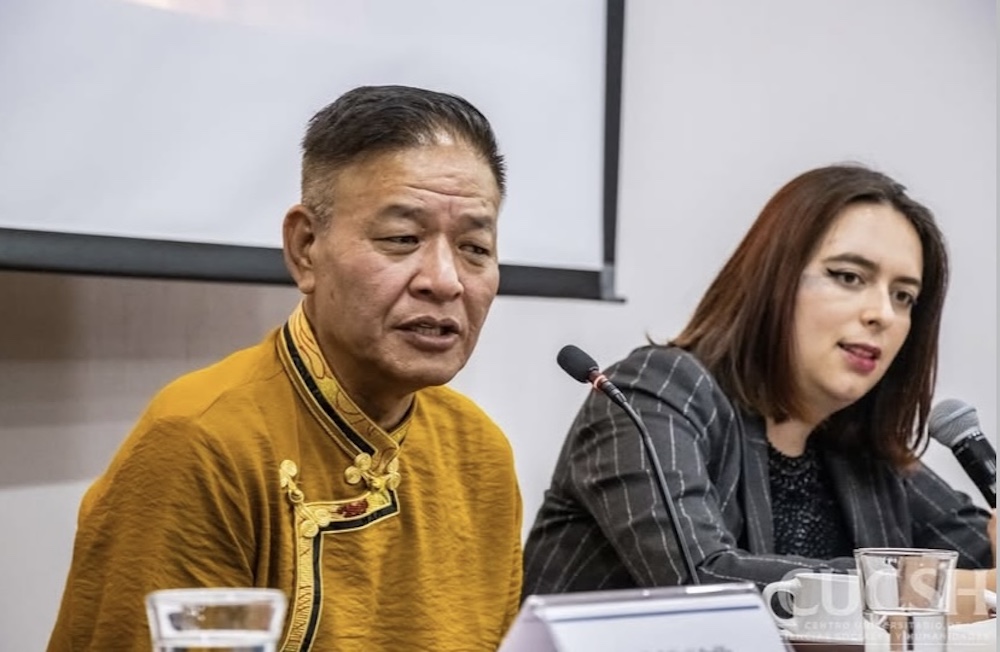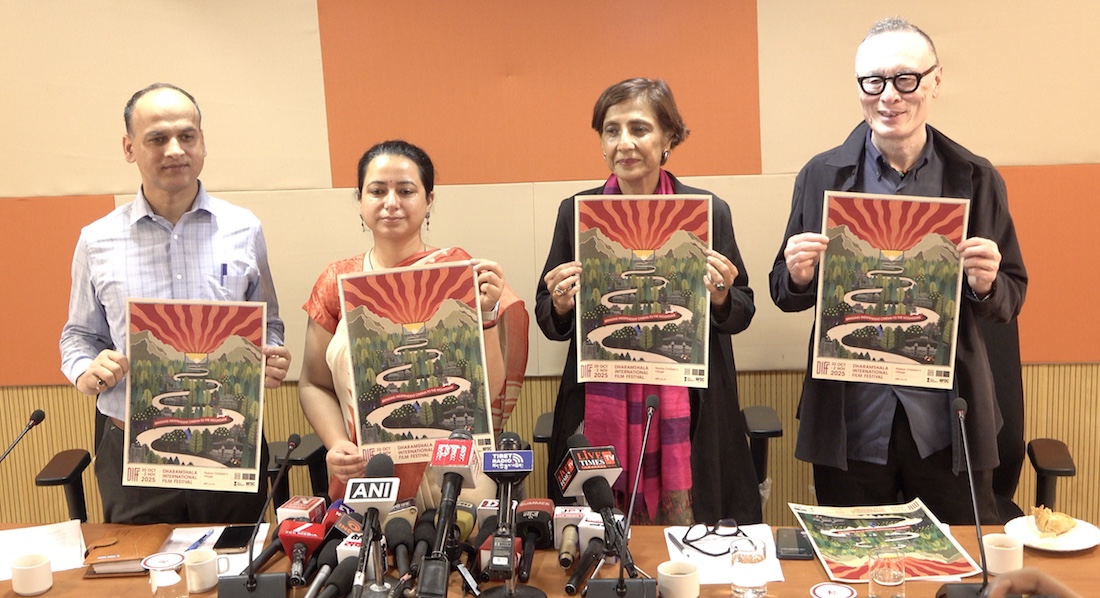 DHARAMSHALA, January 20: The Tibetan Centre for Human Rights and Democracy (TCHRD) today released its annual report for 2013 on the human rights situation in Tibet and a special report on Re-education Through Labour (Ch: laojiao) system in Tibet.
DHARAMSHALA, January 20: The Tibetan Centre for Human Rights and Democracy (TCHRD) today released its annual report for 2013 on the human rights situation in Tibet and a special report on Re-education Through Labour (Ch: laojiao) system in Tibet.
With the theme of the report being the implementation of nomad resettlement and relocation policy of China, the Tibetan rights group said Tibetan nomads have been “forced from their ancestral lands and resettled/relocated in urban areas, mostly against their wishes and without adequate compensation.”
 The Annual Report, available in Tibetan and English, also focuses on Civil and Political Rights, Religious Repression, Economic, Social and Cultural Rights, Religious Repression, the China’s development strategy, and self-immolations.
The Annual Report, available in Tibetan and English, also focuses on Civil and Political Rights, Religious Repression, Economic, Social and Cultural Rights, Religious Repression, the China’s development strategy, and self-immolations.
Despite Chinese government claims, the Tibetan rights group said the primary reason for the forced relocation of the nomads is to exploit rich mineral resources from the nomadic lands. “State-owned mining companies have already begun the massive extraction of precious minerals such as lithium, copper, chrome, gold and oil.”
The 2013 Annual Report also includes research papers produced in collaboration with human rights students at the University of Guelph in Ontario, Canada.
The report consists of exclusive interviews and photographs of Tibetans from Amchok (Ch: Amuqu), Labrang (Ch: Xiahe), Rebkong (Ch: Tongren), Chentsa (Ch: Jianzha), Machen (Ch: Dawu), Mangra (Ch: Guinan), and Golok (Ch: Guoluo) concerning self-immolation protests, nomad resettlement, censorship, language rights and land rights.
TCHRD’s special report, ‘Gulags of Tibet’ contains research on the history and evolution of Reeducation Through Labor, analysis of the current RTL laws. The rights group maintains that RTL violates the international prohibitions of arbitrary detention, forced labor, and torture. The report features interviews with Tibetan RTL survivors who tell their personal stories of being locked up in forced labour camps.
In late December 2013, China announced the abolition of RTL, a form of arbitrary detention used by the Chinese government for over 50 years to imprison political dissidents and other opponents. “The failure of previous reform measures to address the human rights abuses that define RTL creates skepticism as to what the abolition of RTL will actually entail,” said Tsering Tsomo, the director of TCHRD. She said China must abolish RTL both in name and function to be meaningful.
The group also noted that 119 Tibetans were arrested in 2013 alone and a total of 893 Tibetans languish in prisons and labor camps run by China.









